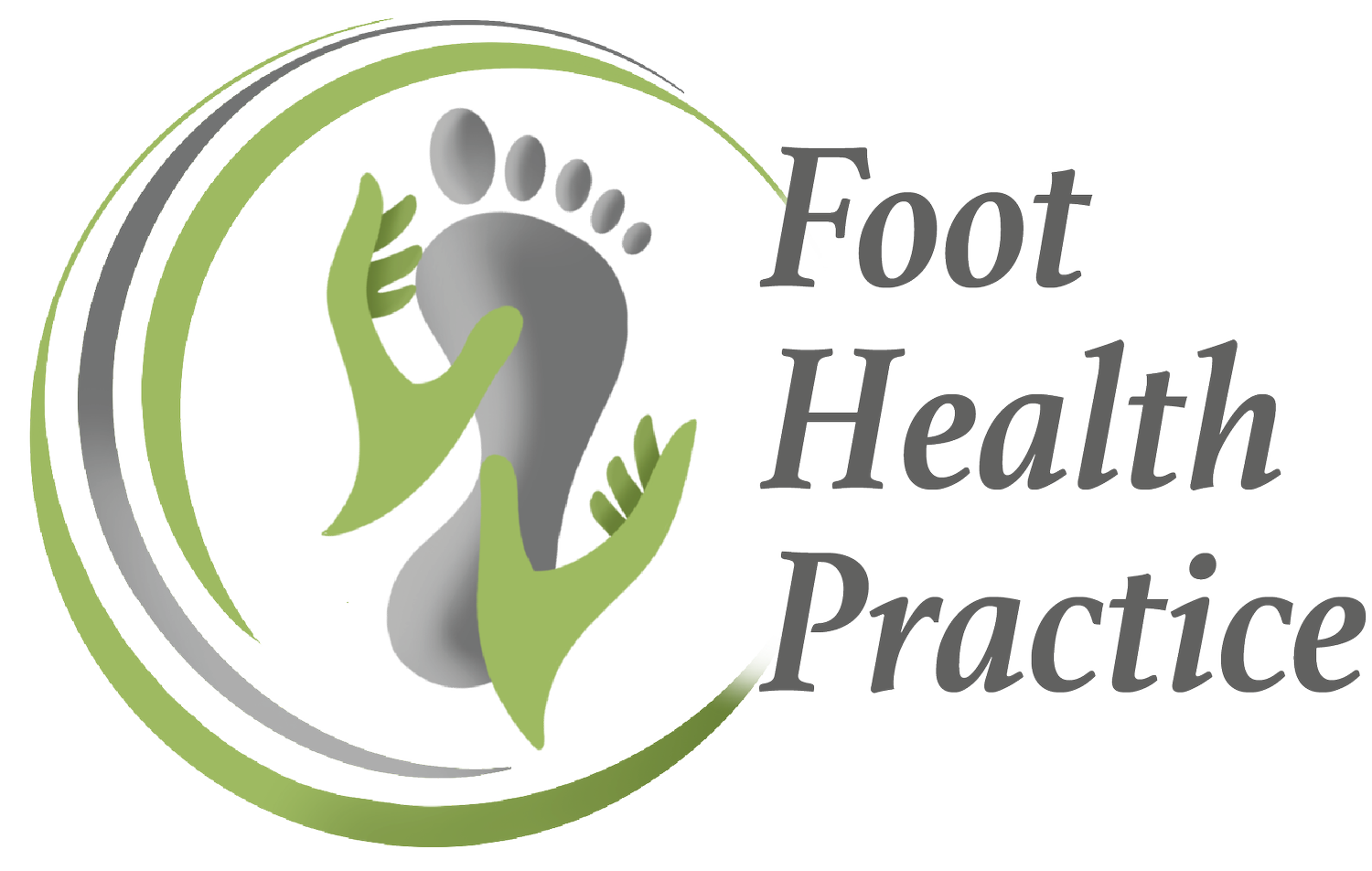CORN REMOVAL
There are few types of corns:
Heloma durum (hard corns)
Heloma durum are areas of thickened skin that form in response to
excessive pressure and friction. They result because the body's
attempt to protect the skin and the structures beneath it. Hard
corns usually develop on the tops and tips of the toes and along the
sides of the feet. They are caused by improper fitting shoes
and toe deformities.
Toe deformities include toes that curl downward rather than lying flat. This causes a problem when shoes are worn as the toes remain curled inside the shoe, and the tops of toes press against the inside of the shoe (usually at the toe joints). The end of the curled toe also presses against the sole of the shoe. The skin compensates for this added pressure by thickening at the point of contact.
Heloma mole (soft corns)
Like Heloma durum, Heloma molle are areas of thickened skin that have formed in response to excessive pressure and friction. Normal toe bones are shaped like an hour glass and the ends are wider than the middle. Soft corns occur when one of the toe bones is slightly too wide (usually between the fourth and fifth toes) which causes friction in between the toes. This problem is made worse by tight-fitting shoes. People with normal toe bones can also develop soft corns. This condition is especially common in women who wear high-heel shoes, which cause the body’s weight to be distributed in the front of the foot and the toes to be squeezed into a narrow space.
Heloma millare (seed corns)
Heloma millare are similar to hard corns but usually a little smaller, are shallower and can exist as a single corn or multiple corns. Seed corns can usually be found on the sole of the foot usually around the metatarsals but sometime can be found on the heel or midfoot regardless of pressure areas. They are usually associated with dry skin and can be as painful as a hard corn.
Subungual corns
Subungual corns can form due to prolonged pressure on the nail plate, particularly from footwear that does not fit correctly.
Regular visits to FHP ensure that your feet are healthy all the time.

